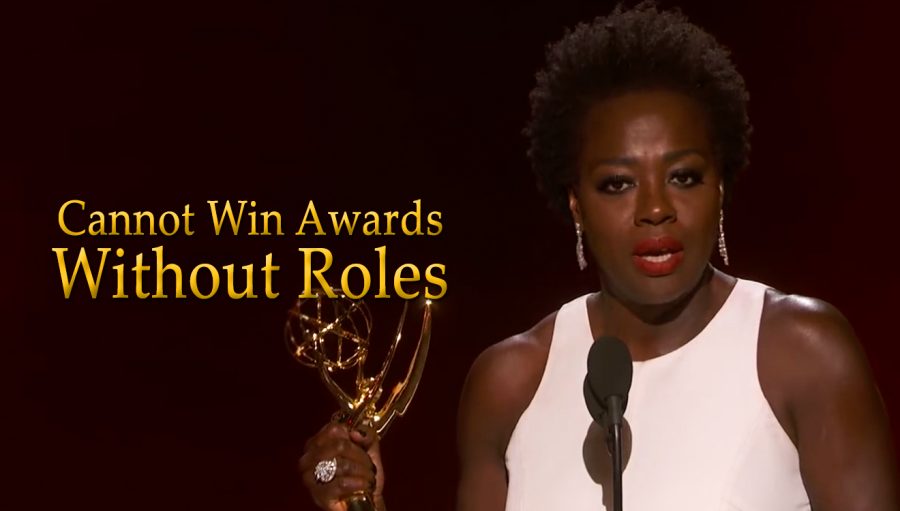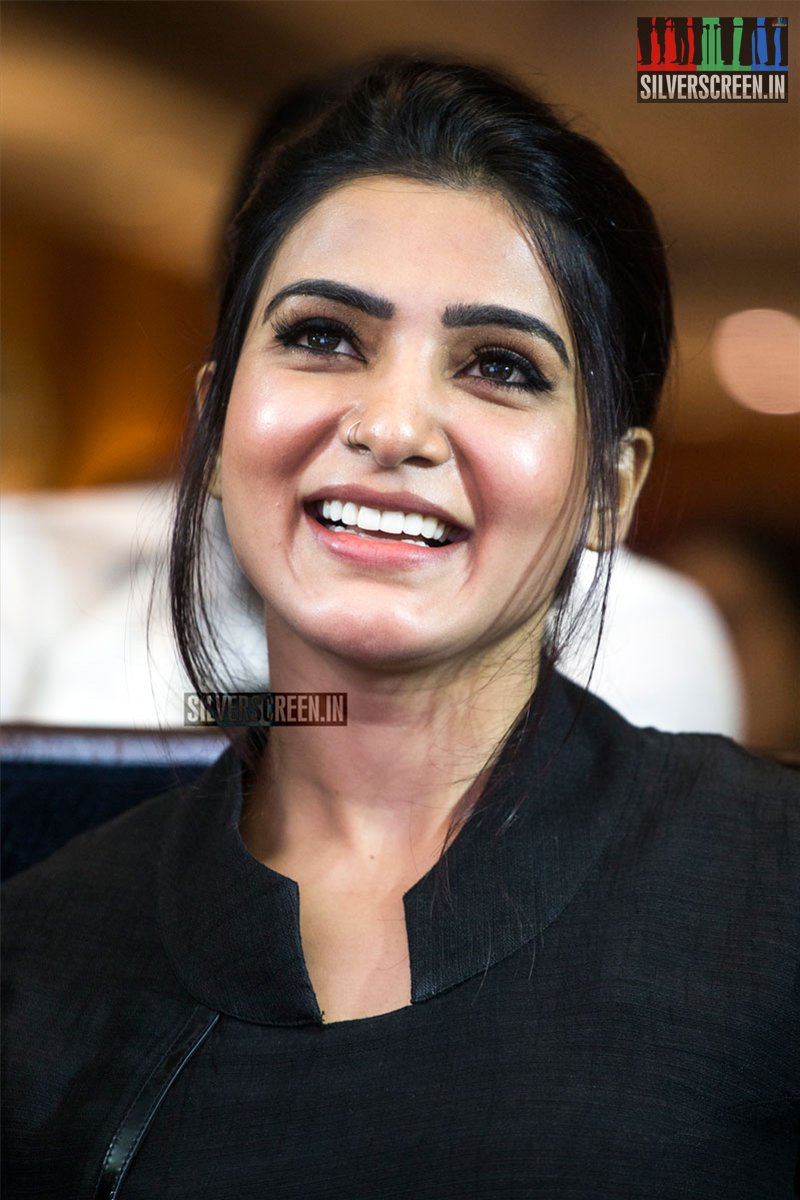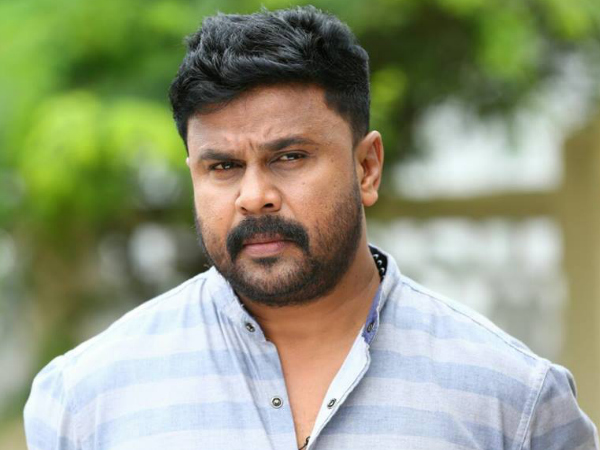Hollywood films with women as leads are at an all-time high. 2016 had a record number of films in which women not only took the lead, but also kicked ass. According to a Guardian report, across comedy, sci-fi, romance, thrillers, and action, 29% of last year’s top 100 grossing films had women as protagonists.
But has the film industry become diverse, really?
We saw Star Wars: Rogue One, The Ghostbusters, and other films release last year, and go on to make a lot of money at the box-office. In fact, some of the biggest earners in 2016 were films with women leads.
But The Guardian story also says that often women directors don’t get hired by big studios, and of the women cast as leads, most are white. Black, Hispanic, and Asian women do not get as many roles as white women. Remember Viola Davis’ moving speech at the 2015 Emmy Awards?
Viola said that black women aren’t getting awards for roles that haven’t been written.
***
Hollywood, Bombay, Chennai – no matter where the film industry is based, the truth is that women do not get the big, important roles. And roles aren’t being written for them. That we are still talking about films like the 2015 release 36 Vayadhinile, starring Jyothika, shows how uncommon it is.
Add other intersections of oppression – and we have absolutely no representation.
How often do we see films in which the lead character is Muslim or Christian? Or from a traditionally oppressed caste? How many of our heroes and heroines are Dalits? Any disabled women in lead roles? How many films do we have where the trans woman is not just a receptacle for bad jokes and violence?
The Hindu ran a story in June 2015, on the upper-caste heroes in Indian films. It’s dismal. The default is an upper-caste, middle-upper class, Hindu man. In Hollywood, it is the White Man.
Recommended
Where they are not, such as in Raees, it needs the star power and influence of someone like Shahrukh Khan to see the film through to release.
Asking for diversity in film characters and lead actors isn’t just Social Justice gone mad! Having genuine, honest representation helps build a more equitable society. Seeing characters with mental health issues (remember Iron Man had a panic attack in the third film) normalises it, removes the taboo and stigma around it. Seeing black women with natural (curly, dense) hair acts as a powerful incentive for a generation of young black girls to love and embrace their identity, their roots, and their bodies. Seeing a Dalit woman lead the struggle for representation and justice helps create more grassroots activism and organisation in our cities and villages.
Representation matter. It is time for us to ask for, demand more diverse films.
*****



